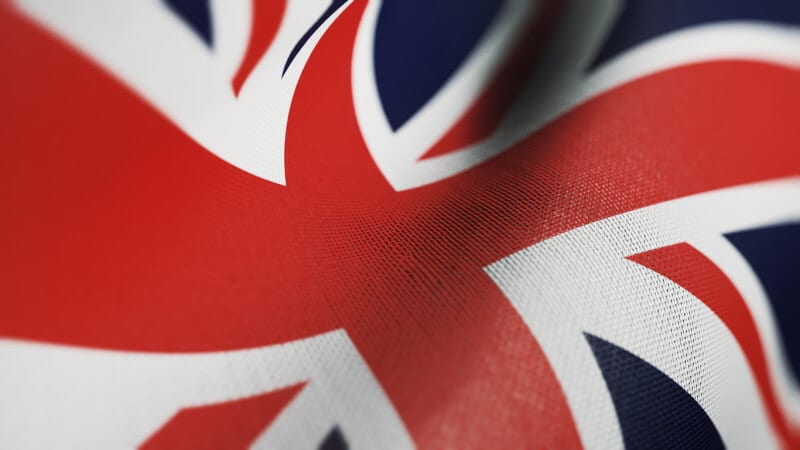GambleAware launches new analysis of problem gambling treatment

The survey, which will be conducted by YouGov, will run concurrently with three other surveys, each using identical questions on gambling behaviour, harms, and barriers and facilitators to accessing treatment and support.
The survey will take a sample of 18,000 respondents, up from 12,000 last year, in order to allow for a better comparison of differences between geographical areas at a smaller scale and to include a larger sample of ethnic minority communities.
GambleAware said the survey will cover findings by key demographics such as age, gender, ethnicity and geography, allowing it to highlight any key differences amongst certain groups.
Alongside the Annual GB Treatment and Support Demand Survey, GambleAware has also commissioned Yonda to run an additional quota survey, as well as both NatCen and Kantar to run a random probability survey.
Running at the same time as the annual survey, GambleAware said the aim is to compare survey responses to see how certain methodologies provide different estimates.
This, GambleAware, said will allow for a greater understanding of how to most effectively estimate the shape and size of gambling harms across Britain, as well as present a clearer view of the barriers and demand for treatment.
Results of the surveys are due to be released in spring next year.
The new research comes after GambleAware last month revealed the multi-level setup of its treatment and support system has led to significant knowledge gaps, while its organic growth has resulted in the lack of a defined strategy.
The study, conducted by Leeds Beckett University, found the multi-level nature funded treatment system meant not all components have a direct connection with one another.
In addition, as the system structure has grown organically, rather than being purposefully designed through a defined strategy, this impacted its overall functioning, and has made collaboration between each component more difficult.
